PCAP touch screens, also known as projected capacitive, are the standard technology for electronics like smartphones and tablets, and it’s the kind of glass the general consumer is most familiar with. It seems to respond instantly to touch, it can register multiple touch points simultaneously (i.e, when you use a pinching gesture to zoom in or out) and it accurately follows gestures that can be used for gaming, highlighting, or drawing.
However,they are also increasingly being used in sectors beyond personal electronics, especially in industrial control panels, kiosks, ATMs, PoS terminals, and interactive digital signage. While economies of scale have been a significant barrier to adoption for low volume products, new developments from manufacturers like A D Metro in Canada are making it more affordable for niche products that service a wider range of sectors.
Durability
One of the key features of better PCAP touch screens has always been durability, as this is a technology that has typically been vulnerable to damage when misused, leading to some costly maintenance and replacement costs for heavy users. In the past, resistive glass may have been the only solution for higher durability demands, but today’s multi-touch solutions have reached a point where they are resistant to scratches and abrasions as well as water damage. For extreme conditions and unmonitored outdoor use, rugged and resistive glass is still recommended, especially if heavy impact is possible as a result of industrial or military use, or potential vandalism
Beyond the Smartphone
While smartphones are most closely associated with PCAP touch screens, they can be widely applicable in kiosks, control panels, and industrial mobile computing. If you manufacture public kiosks, digital signage, point-of-sale terminals, or all-in-one PCs, you need a touch screen manufacturer in Canada who can rapidly respond to the specifications of your product line. Made in North America solutions seamlessly integrate your custom design needs into your supply chain and put their products to the test using environmental chambers, impact testing, and optical measurements. You need a solution that can withstand the contamination, impact, and heavy traffic that your buyers will put it through.
Common Controller
One of the biggest obstacles facing PCAP touch screen adaptation has been NRE (non-recurring engineering) expenses, one-time engineering efforts to develop a controller to fit custom formats and screen sizes. In response to this obstacle, a PCAP touch screen with a common controller (compatible with all sizes and formats) was developed by A D Metro, furnishing the market with an option that requires no minimum order quantities and rapid development. Not only can manufacturers bring their products to market faster, they are no longer restricted to high volume products by minimum order quantities, bringing PCAP touch screens to markets like industrial, aerospace, and military where it was not previously affordable. When you need a reliable supplier, save money and beat your competitors to the market with a faster, more economical, and easier-to-develop solution that doesn’t incur NRE expenses and is compatible with all major operating systems.

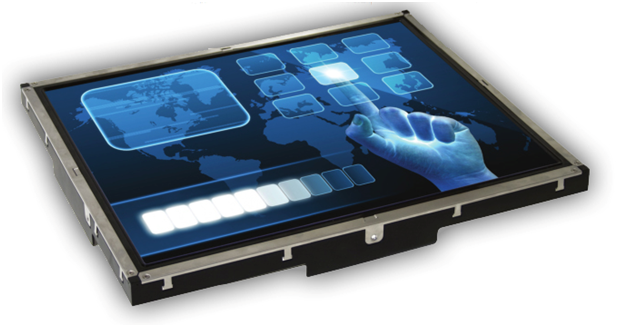
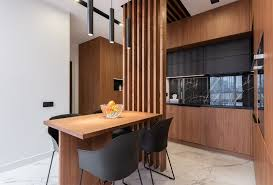
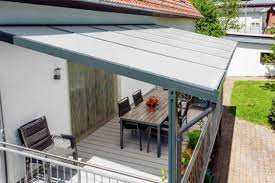
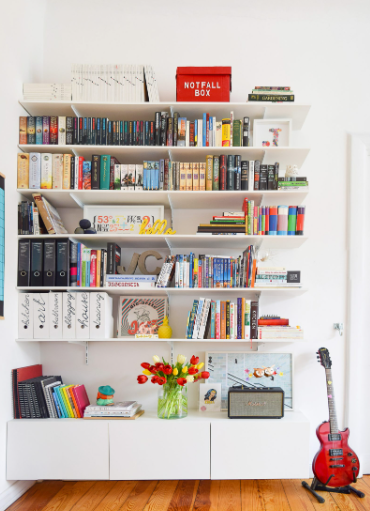

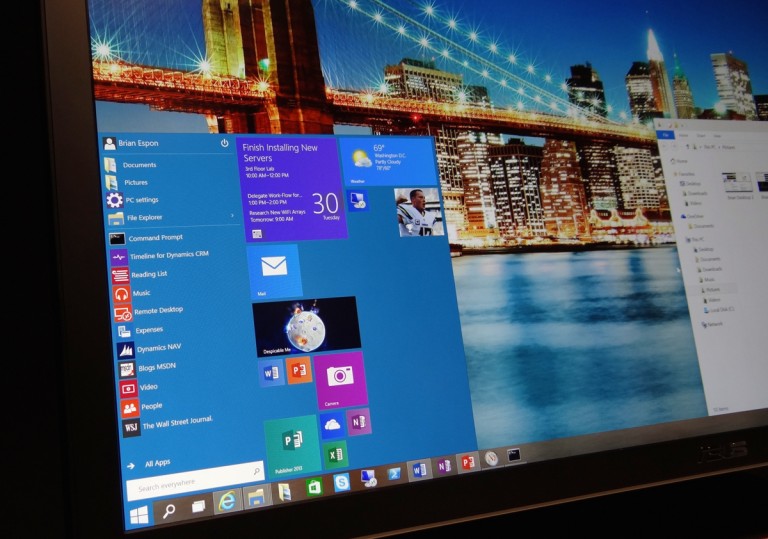

+ There are no comments
Add yours